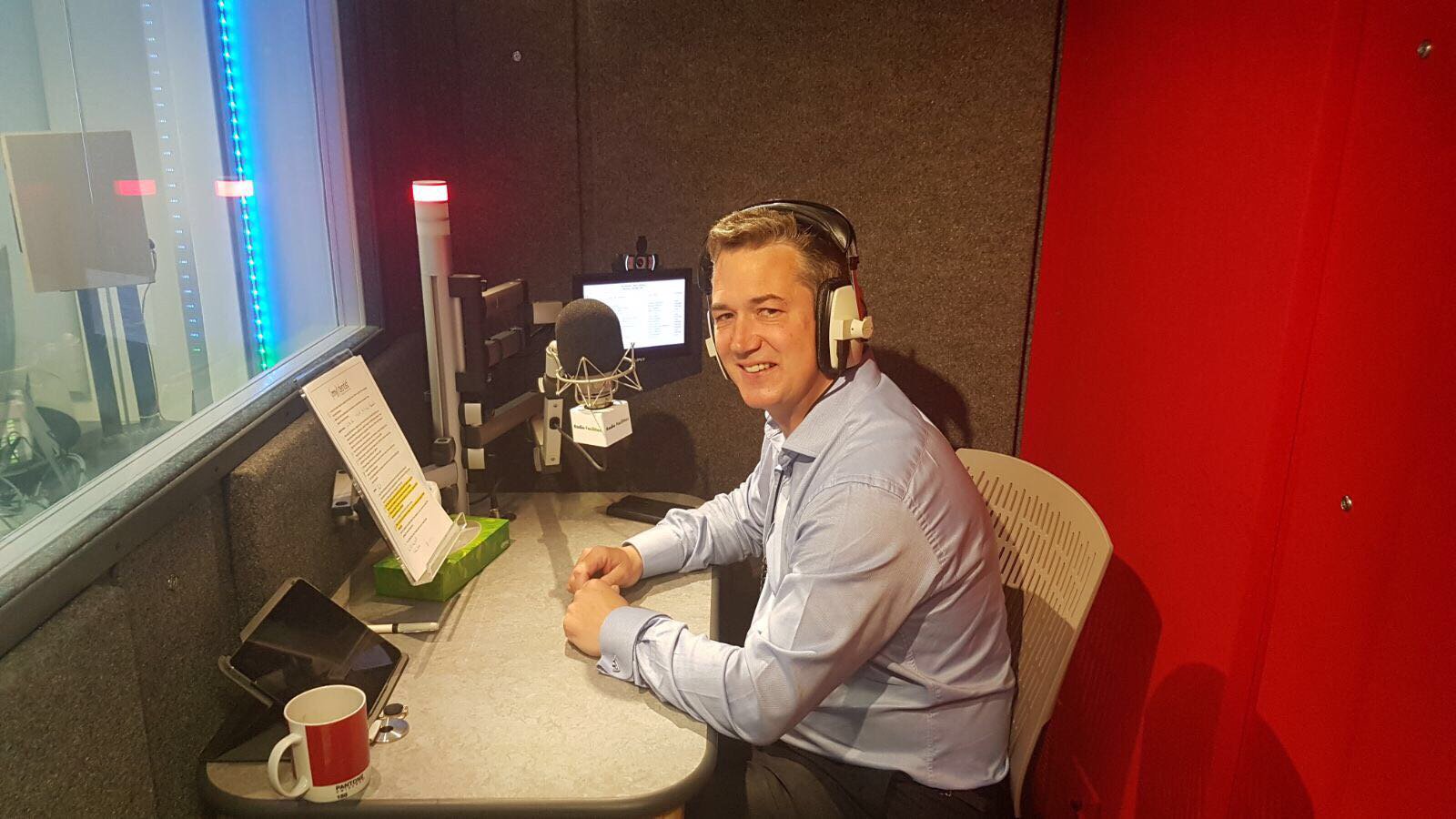This week marks the launch of National Smile Month, Together, with thousands of individuals and organisations, National Smile Month highlights three key messages, all of which go a long way in helping us develop and maintain a healthy mouth. They are:
- Brush your teeth last thing at night and on at least one other occasion with fluoride toothpaste.
- Cut down on how often you have sugary foods and drinks.
- Visit your dentist regularly, as often as they recommend.
Every year, we use the NSM to support with educating the nation on oral hygiene, and this year we wanted to do something a bit different.
We recently conducted a study, which revealed a nation that is reluctant to visit the dentist over common misconceptions to do with waiting times, cost and confusion over what dental care they are entitled to – and we’re using national smile month to dispel these commons myths!
Our survey showed that a third (33%) of Brits are unaware that children are exempt from paying for dental care or treatment. With tooth decay becoming the number one reason for hospital admissions among younger children*, this is more concerning than ever.
The study highlights that over a quarter (27%) of Brits have not visited the dentist in the last two years, saying they can either not afford it, must tolerate long waiting lists or would not be able to receive their dental care via the NHS. Due to these public misconceptions, millions are missing out on essential dental care and putting their oral health at risk.
Further misconceptions showed that 2 in 5 (43%) had no idea that pregnant women or anyone who has had a baby in the last 12 months were entitled to free care and treatment and half of the UK wrongly assumed that those on a low income are exempt from paying for dental treatment. A third (33%) assumed that those over 60 years of age received free dental treatment.
Of those who don’t currently receive any dental care, nearly half (47%) think it’s too expensive/they can’t afford it. 1 in 5 (22%) Brits in the study said they currently opt for private dental care. Of those, almost half (45%) reveal that that they opt for private dental care because they believe they would have to wait too long for an NHS appointment or they think access to an NHS appointment is impossible in their area. 22% of those who receive private dental care wrongly think that they aren’t entitled to NHS care because they do not receive any type of benefits.
Steve Williams, our Clinical Services Director, is shocked by the figures and says “These are truly worrying statistics. Despite the overall oral health improving in children over the last decade, the number one reason for hospital admissions in young children remains tooth decay. This is children that don not need to pay for dental treatment. We need to raise awareness amongst parents so that children are taken to the dentist regularly to help prevent the problems at an early stage. Simple things like painting fluoride on children’s’ teeth from an early age twice a year can make a real difference.”
The figures unravelled further assumptions regarding how much we think dental care and treatments cost. On average, we assumed the cost of an emergency appointment was five times the actual cost. If urgent care is required, this would be a Band 1 charge of £20.60 with an NHS appointment. For fillings, root canal treatment and removing teeth (extractions), the survey showed we thought we pay over double the amount of the true figure.

Steve, speaking to UK wide radio station about the study
William comments “At the start of National Smile Month, we want to raise awareness of the importance of good oral health. The study shows that a large proportion of the public are not aware of the NHS treatments that are available and whether they need to pay for their treatment”
To find out more about treatments prices, what you’re entitled to and even book online, you can visit our website www.mydentist.co.uk
To find out more about National Smile Month, visit http://www.nationalsmilemonth.org/